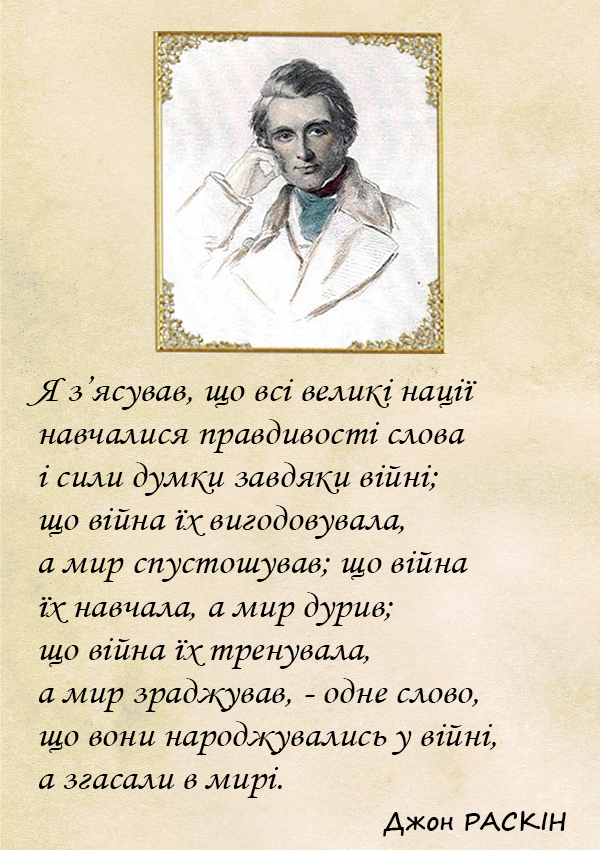
(book review)
Daniel Keyes’ Flowers for Algernon is one of those rare literary gems that transcends genres, offering a profoundly moving exploration of the human condition. First published in 1959 as a short story and later expanded into a novel, it combines elements of science fiction and psychological drama to tell the unforgettable story of Charlie Gordon, a mentally disabled man who undergoes a groundbreaking surgery to enhance his intelligence.
The narrative is presented as a series of journal entries, written by Charlie himself, which allows readers to experience his transformation in real-time. This format not only creates intimacy but also makes his journey profoundly personal and relatable. At the start, Charlie’s childlike innocence and earnest desire to “be smart” are heartwarming. His sincerity and trust in the scientists conducting the experiment evoke both empathy and dread, as readers sense the fragility of his situation.
As Charlie’s intelligence grows exponentially, so does his awareness of the complexities and cruelties of the world. The people he once considered friends turn out to be mockers; the mentors he idolized are revealed to be deeply flawed. This newfound awareness isolates him, showing that intellectual growth does not equate to emotional fulfillment. The parallel storyline of Algernon, a laboratory mouse who underwent the same experiment, serves as a poignant reflection of Charlie’s fate, with Algernon’s decline foreshadowing the impermanence of Charlie’s transformation.
One of the book’s greatest strengths is its exploration of identity and what it means to be human. As Charlie transitions from a state of ignorance to intellectual brilliance and eventually back to his original state, the narrative poses profound questions: Are we defined by our intellect? How do we measure worth? Is it better to be blissfully ignorant or painfully aware? Keyes does not provide easy answers, leaving readers to grapple with these questions long after finishing the book.
The prose is strikingly effective, particularly in its use of language to mirror Charlie’s mental state. His initial entries are filled with spelling errors and simplistic thoughts, reflecting his limited understanding. As his intelligence increases, so does the complexity of his writing, with intricate vocabulary and philosophical musings. This stylistic shift makes his regression all the more heartbreaking when his entries revert to their initial simplicity.
Verdict: Flowers for Algernon is not just a story—it’s a mirror held up to humanity, revealing both its beauty and its flaws. My rating is 9/10.


























































Залишити відповідь